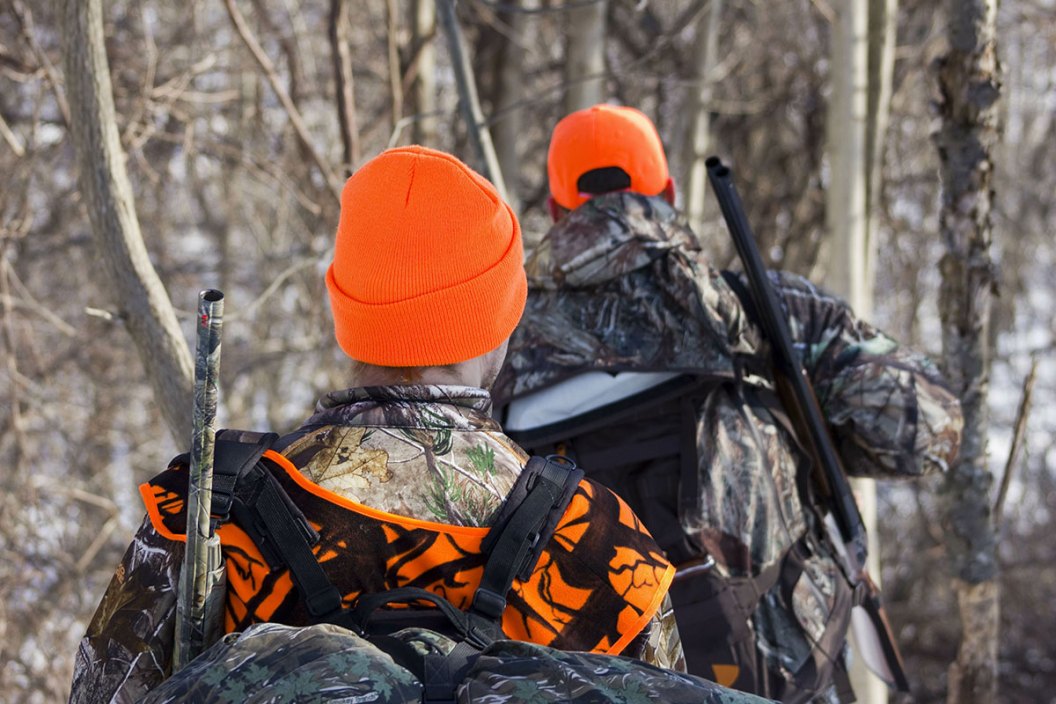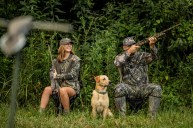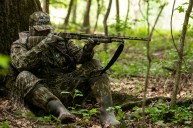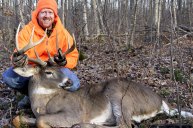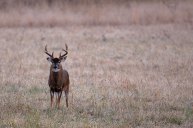Once a new hunter takes to the field for the first time, it's good to know that their experience included these five great things.
Once a new hunter buys their first hunting license, it's only a matter of time until they go on their first hunt. As a life experience, it's always an eye opener.
Those of us who have hunted for a lifetime can look back in reverence and remember what it was like to see a pheasant pop out of a hedgerow, a duck cup its wings into the decoys, or a big buck come strolling through the woods.
Things can happen quickly during your first time, and the decisions made can be the difference between a harvest and going home empty handed. As hunters, we always say that there is so much more to the hunt than the kill, and having a first time hunter come along to experience the thrill of the chase proves that to a tee.
It's the wildlife conservation aspects that begin to matter, and the wildlife management practices that we all try to follow. Mentoring a new hunter to not just know how to do it, but to respect our wildlife resources, is one of the greatest things you can do.
Just passing the online course for the hunters education isn't enough to call yourself a hunter. What you really need is to experience some of these things that all of us have been through. Hunting is a rite of passage. There's nothing that we veteran hunters love more than to take first time hunter into the field to see how they take to it.
Just remember the old adage: You can lead a new hunter to the duck blind, but you can't make him quack.
Here are five of the greatest things that can happen to a new hunter.
5. Butterflies in the Stomach
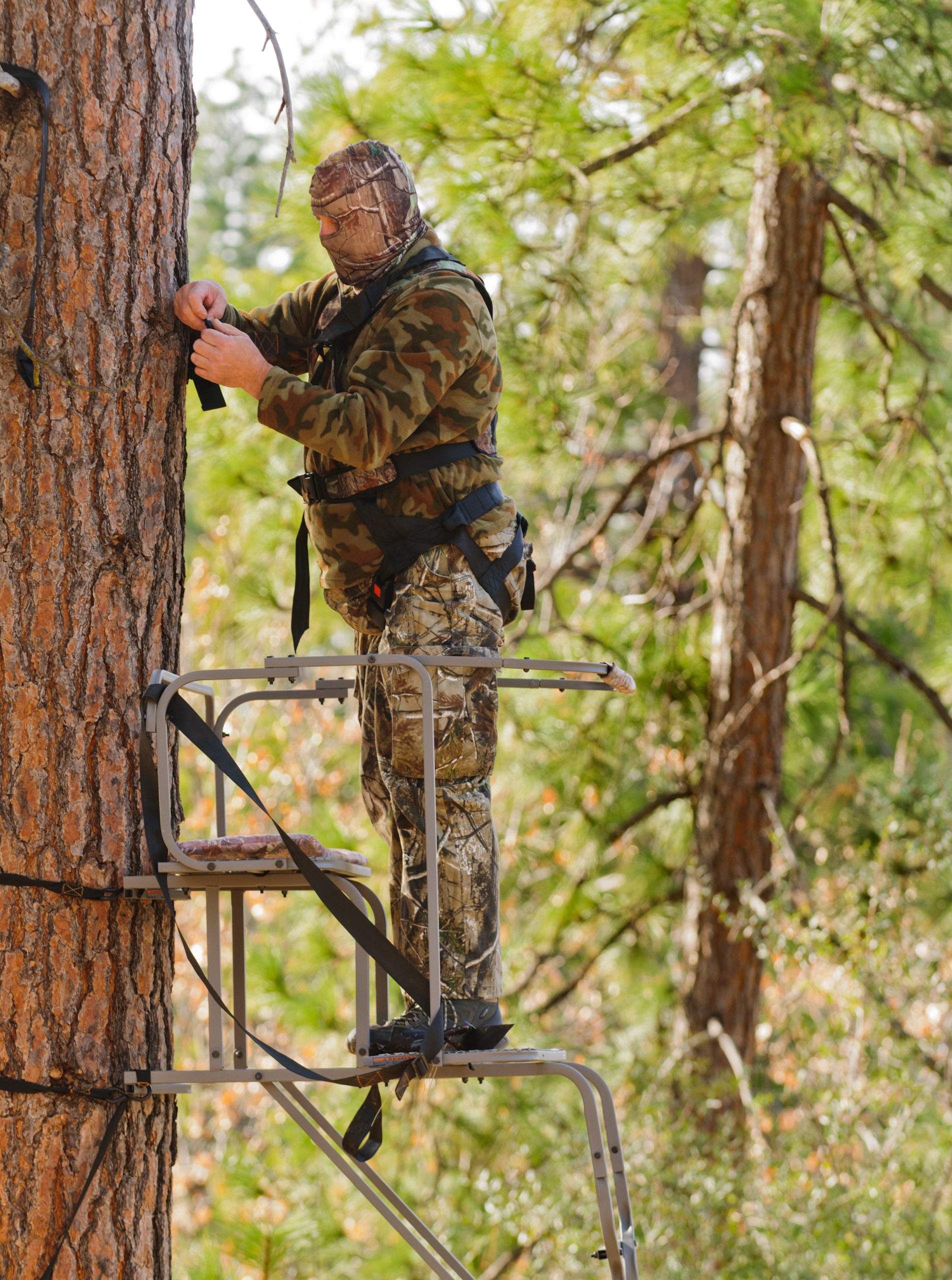
It happens in sports, when we have to speak publicly, and especially when wild game is close by. This is where new hunters will find out that there is a lot more to archery than just drawing back the bow, and a lot more to big game hunting than what they learned at hunter safety.
One of the most interesting occasions can come from the duck blind or the pheasant field. A newbie can practice, consider all the possibilities, and dream of the shot forever. You're stuck in waiting mode, and the butterflies start to flutter.
When there's a bird right in front of you and it bursts into flight, there's really nothing to prepare you and your body for a proper reaction.
You will have to learn to control your mind and body right from the start, and there's no hunter education course that can replicate it.
4. The Need to Make Quick Decisions
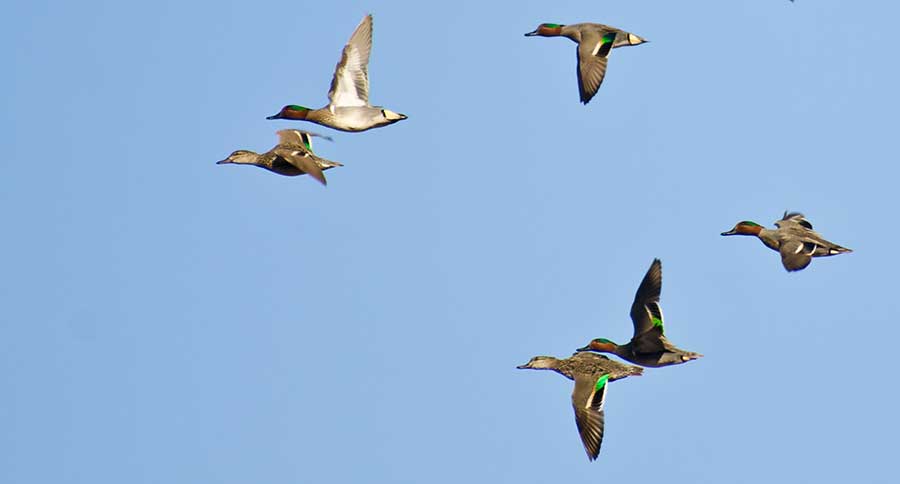
Hunting is one of the greatest ways to learn the importance of the split second decision, and hunters are some of the best at it.
The decisions you need to make while hunting can include whether or not to take a passing shot at a teal or wood duck, when to draw your bow or shoulder your firearm on a deer, or decide if that flushed bird is a rooster or a hen.
Here is where we learn how paramount safety in the field should be. The greatest of hunters know full well that a missed opportunity is better than a dangerous situation every single time.
Sure, we don't want to miss a chance for a great shot while deer hunting, but if you see a glimpse of blaze orange off in the distance beyond your target animal, resisting the shot is a valuable lesson to learn.
Let a new hunter know that they have many more hunts ahead of them, and that their first time is just a small percentage of the sportsman lifestyle they have left.
3. A Feeling of Camaraderie
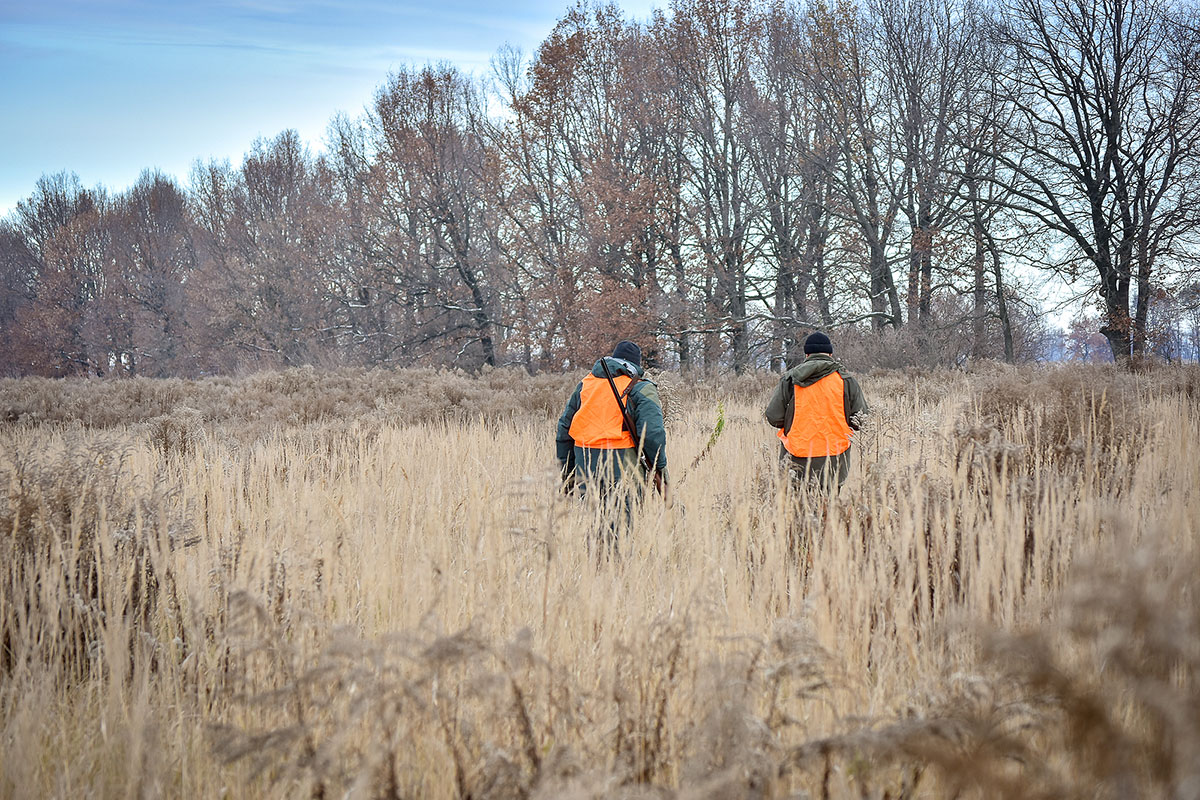
Sometimes we talk about deer camp like it's some precious club, but it should be inclusive as well. Our hunting community of family and friends provides a special sort of fellowship that adds a lot to the experience.
A new hunter should experience the way we playfully dig at each other, argue about tactics and gear, and root for each other's success. There is nothing like the camaraderie of hunting. It creates a narrative that will last a lifetime and bond us to each other, even if we started out as strangers.
The hunting fraternity is a mutual support team that transcends other normal boundaries, and we welcome any new hunter that wants to participate in it.
The bottom line is that once you have experienced it, you'll never be a part of a more warm and humble group of people in your life.
2. Learning From Failure
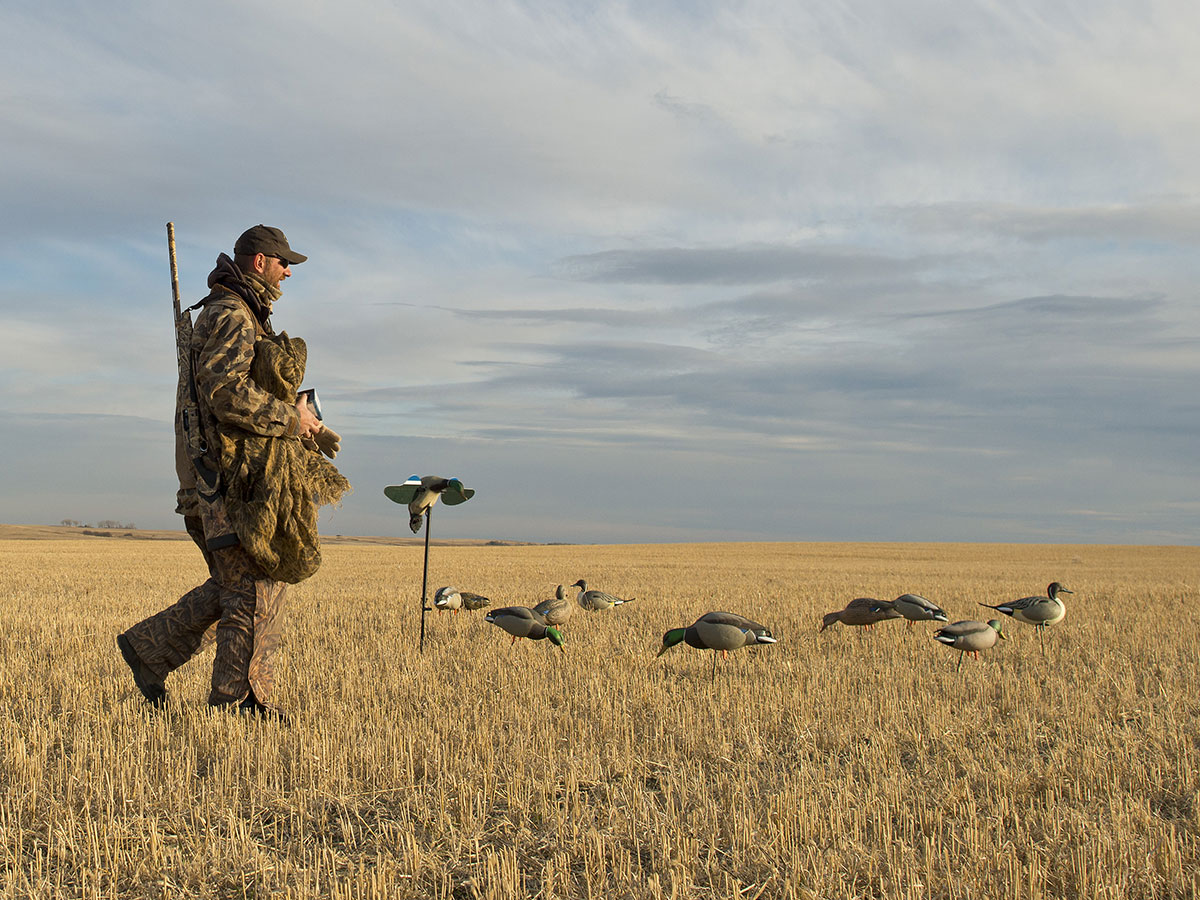
We have to walk before we can run, crawl before we can walk, and spook a few deer before we ever get a shot off. If experience is the best teacher, then experience should take a few lessons from hunting.
Want a first time hunter to get a good dose of failure? Then try some pass shooting over decoys on the big water.
Want to get them questioning their own sanity? Then take them grouse hunting. Watch them look at their disappearing shotshells and wonder if they are shooting blanks. The same goes for woodcock or quail. It can be humbling.
This is a good approach for a hunter who has a few times afield under his belt, and might be inching towards cockiness due to early success.
The thing is that failure is quite possibly the best learning tool that we have. We can let it take us down, or try harder the next time around. An empty bag or an unpunched tag is a great teacher.
1. Valuing Success
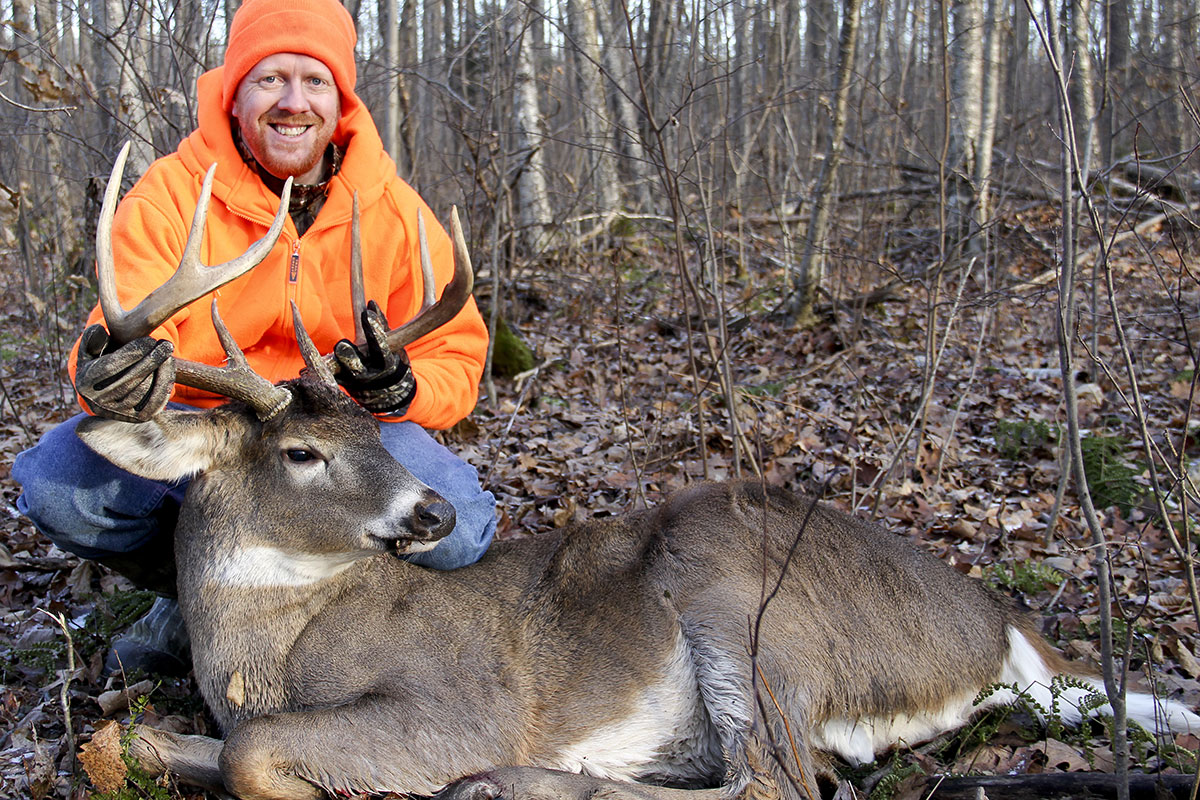
Seeing success, especially early in hunting, tells us that we're doing something right and heading in the right direction. It may start out as a successful shot on a deer, but it always leads to the desire to replicate.
A big part of hunting success comes from good preparations. Scouting, planning, and not disrupting hunting areas can further the early education of a new hunter, and teach them that there's more to it than pulling the trigger.
It's a matter of watching and learning the reasons why these things work. Nothing can be more effective: no decoy spread, no doe-in-heat lure, or no shotgun is as useful as seeing a bird fold or a deer drop with one shot.
Even more so when it happenes after the right setup and in the right location.
New sportsmen should practice at the shooting range before they ever get into the treestand. Beginner archers should feel confident in their range before ever setting out.
Whether it's for big game hunting, small game hunting, bird hunting, or something else, a hunting mentor should look to pass on these things.
Hunting opportunities are for all, and when new populations join the ranks, it's nothing but a good thing.
Looking for a little more or even hot lunch for your hunting blind? Follow my webpage, or on Facebook and Twitter.
NEXT: 5 UNCONVENTIONAL WAYS TO SHOOT A DEER
WATCH
